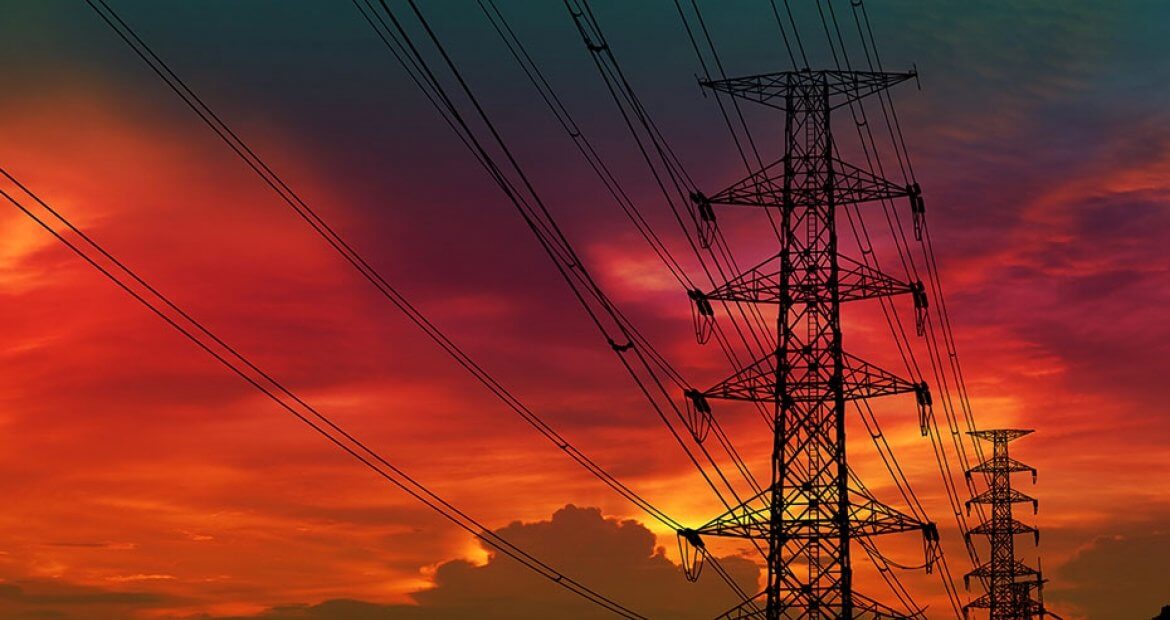About Power Outage
A power outage occurs when the electrical power goes out. Planned or unexpected, it can last for days or longer, disrupting communications, water, transportation, stores, banks and other services. This may impact needs such as lighting, heating, cooling, communication, food and medicine refrigeration, cooking and medical equipment. Plan now to have what you need and to know how to stay safe.

Responding Appropriately During a Thunderstorm
Prepare in Advance
- Create a support network. Identify people who can help you stay at home or evacuate during an extended power outage. Keep a paper copy of your contact list.
- Stay connected and alert. Sign up for alert systems and apps for text alerts. Have communication devices that work without home power, including a crank or battery radio, a non-cordless home phone, chargers/batteries for your cell phones and your computers.
- Stock food and water. Store non-perishable food and water supplies for at least two weeks. Plan to use coolers and ice to extend food refrigeration and keep a thermometer in the fridge, freezer or cooler to monitor the food temperature.
- Know and plan for your personal and medical electrical needs. Take an inventory of your electrical needs. Consider both back up and non-power alternatives for lighting, communication, medical devices and refrigerated medicine, cooking, garage doors, locks and elevators. Discuss a plan with your primary care or medical device providers for your medical needs.
- Install smoke alarms and carbon monoxide alarms. Install smoke alarms with battery backup on every floor, inside and outside sleeping areas. Test monthly. Make sure that you have one carbon monoxide detector on each level of your home.
- Plan for surge protection. Make sure that you have current surge protectors for household electronics.
- Plan how to decide to stay or go. Plan how and when you will evacuate safely to maintain needs such as power-dependent medical devices. Keep your car gas tank at least half full.
What to Do During a Power Outage
- Monitor alerts. Check local weather reports and any notifications. by phone, television or radio. Utility officials may come to your door to alert you of a planned power outage. If available, sign up for local alerts and warning systems to notify you through a call or text to your phone.
- Contact your support network. Let people in your network know that you are OK, check to see if they’re OK, and tell each other if you need help.
- Keep food cold and when in doubt, throw it out. Eat your fresh, perishable foods first. Avoid opening your refrigerator and freezer to preserve cool temperatures. An unopened refrigerator will keep foods cold for about 4 hours. A full freezer will keep the temperature for about 48 hours (24 hours if it is half full) if the door remains closed. Use coolers with ice if necessary. Measure the food temperature in your refrigerator and freezer with a thermometer. Throw out food that has been warmer than 40 degrees F.
- Prevent power overloads and fire hazards. Unplug appliances and electronics to avoid power overloads or damage from power surges. Use flashlights, not candles. Turn off the utilities only if you suspect damage or if local officials instruct you to do so. Your gas line can only be turned on by a qualified professional. If any circuit breakers have been tripped, contact an electrician to inspect them before turning them on.
- Prevent carbon monoxide poisoning. Don’t use a gas stove to heat your home and do not use outdoor stoves indoors for heating or cooking. If using a generator, keep it outside in a well ventilated area away from windows.
- Decide if you need to stay or go. Evacuate if your home is too hot or too cold, or if you have medical devices that need power. Communities often provide warming or cooling centers and power charging stations.

Safety Tips for After a Power Outage
- Keep away from power lines. Stay at least 35 feet away from fallen power lines and anything they are touching. Call 911 and let them know.
- Avoid electrical shock in flood areas. Don’t go into flooded areas or use any electrical equipment or electronics that may have been submerged. Have a qualified electrical inspector check the electrical system.
- When in doubt, throw it out. If food is 40 degrees F or warmer, especially dairy and meat, throw it out. Ask your provider about using refrigerated medicines.
- Prevent carbon monoxide poisoning. Keep generators, camp stoves and charcoal grills outdoors only in well-ventilated areas at least 20 feet away from windows.
Explore Related Safety Topics
$ Explore Related Safety Topics
Help people affected by disasters big and small.
$
$10 is the minimum online donation.




